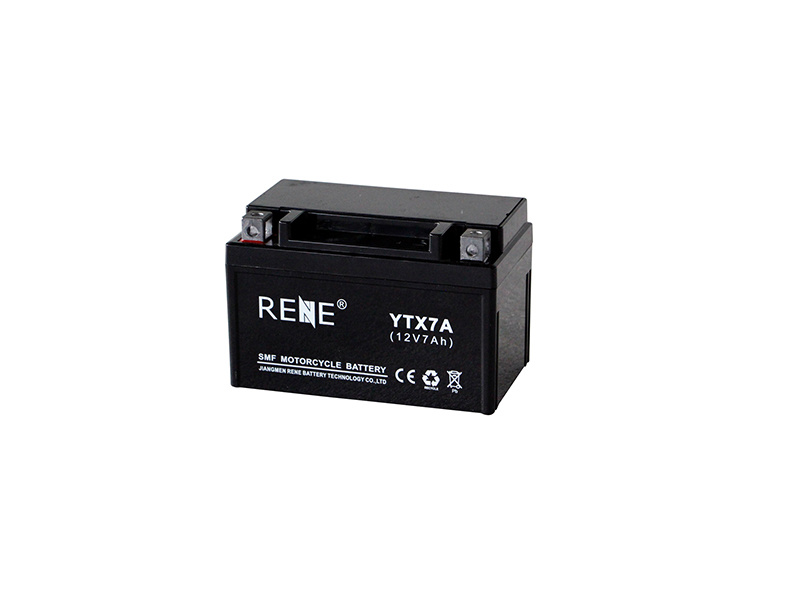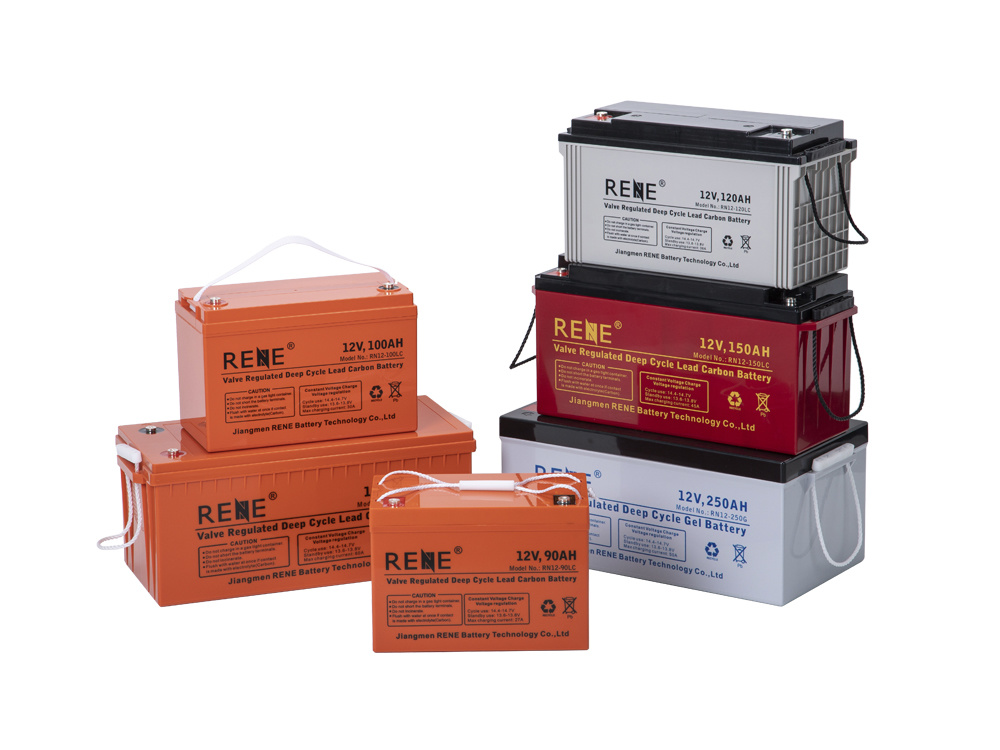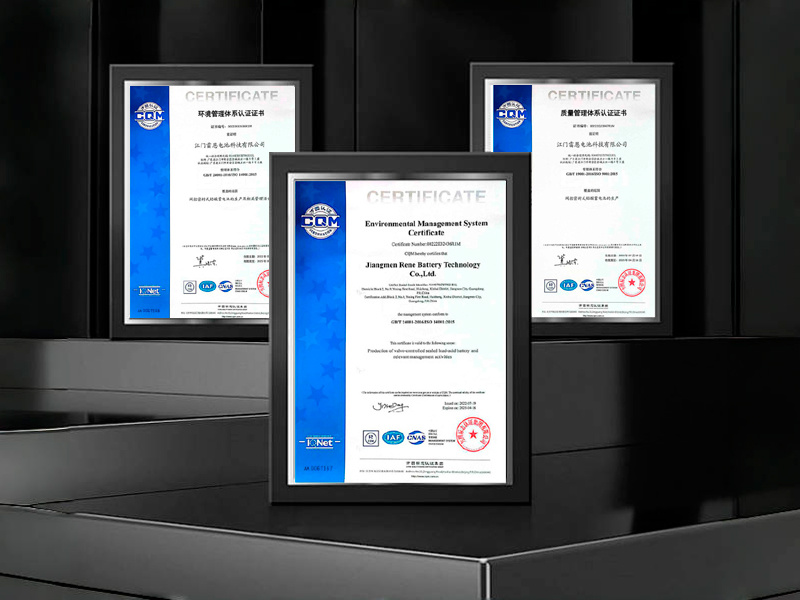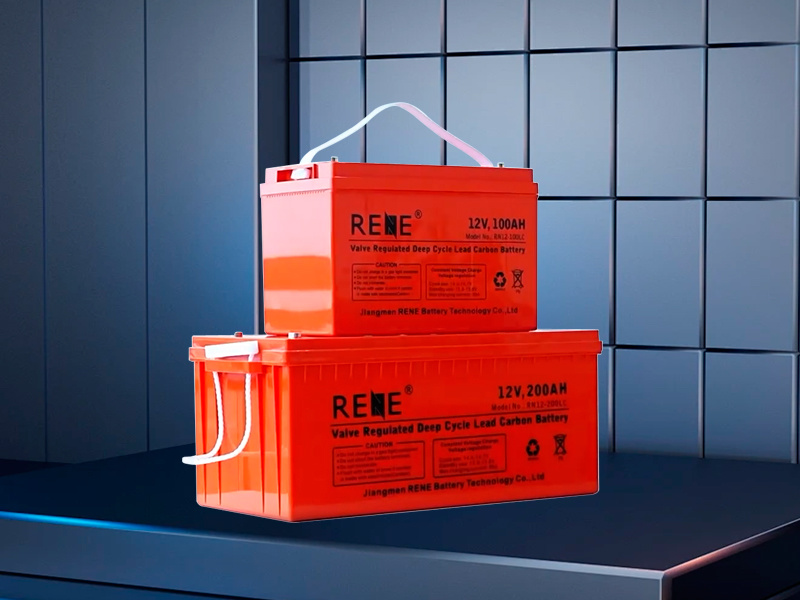Jiangmen Rene Battery Technology Co., Ltd.
Lithium Deep Cycle Batteries
2025-04-19
Lithium deep cycle batteries have gained considerable attention in the automotive and electrical accessory sectors due to their superior performance and longevity.

Lithium deep cycle batteries have gained considerable attention in the automotive and electrical accessory sectors due to their superior performance and longevity. Unlike traditional lead-acid batteries, lithium deep cycle batteries are designed to provide sustained power over an extended period, making them ideal for applications that require deep discharges and frequent cycling. This quality makes them particularly well-suited for electric vehicles, marine applications, and renewable energy systems.

One of the most significant advantages of lithium deep cycle batteries is their energy density. They can store more energy in a smaller and lighter package compared to other battery types. This characteristic is crucial for automotive applications where space and weight savings translate to enhanced efficiency and performance. Moreover, lithium batteries have a lower self-discharge rate, meaning they retain charge for a longer time when not in use. This aspect is vital for vehicles or systems that may not be used daily but need to be ready for action at a moment's notice.
In addition to their energy density, lithium deep cycle batteries offer a longer lifespan. Typically, they can endure many more charge and discharge cycles than traditional batteries—often exceeding 2,000 cycles. This longevity not only reduces the frequency of replacement but also contributes to lower overall maintenance costs, making them a cost-effective choice in the long run despite the initial investment.
When it comes to safety, lithium deep cycle batteries have made significant strides. Modern lithium batteries come equipped with advanced management systems that monitor individual cells for temperature and voltage levels, preventing overheating and ensuring safe operation. However, it is essential to follow manufacturer guidelines for charging and discharging to maintain safety and performance.
In terms of charging, lithium deep cycle batteries can be charged more quickly than lead-acid batteries. They typically allow for a rapid recharge, which is a boon in applications where downtime must be minimized. Many users appreciate the flexibility and convenience this rapid charging capability provides.
Applications of lithium deep cycle batteries are vast. Beyond automotive uses, they are also extensively utilized in solar energy systems, where they store energy generated during the day for use at night. Additionally, they are commonly found in recreational vehicles (RVs), marine applications, and backup power systems, further showcasing their versatility.
In conclusion, lithium deep cycle batteries embody the future of energy storage solutions across various industries. Their high energy density, extended lifespan, and rapid charging capabilities make them a valuable choice for anyone looking to enhance performance and efficiency in their applications. As technology continues to advance, we can expect lithium deep cycle batteries to play an increasingly prominent role in the energy landscape.
Key words:














